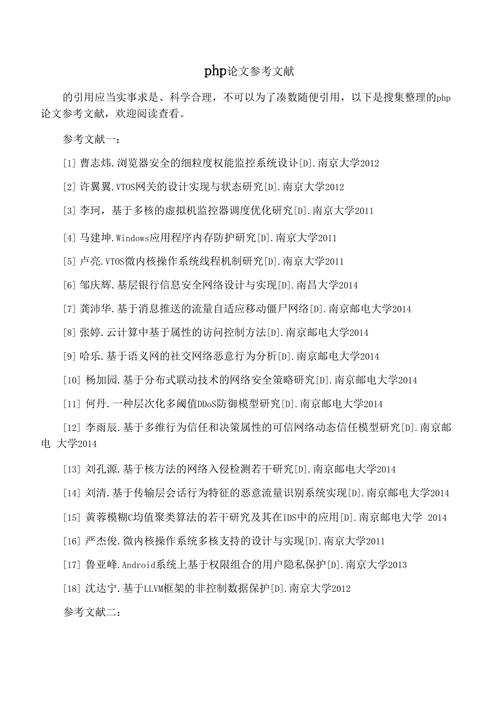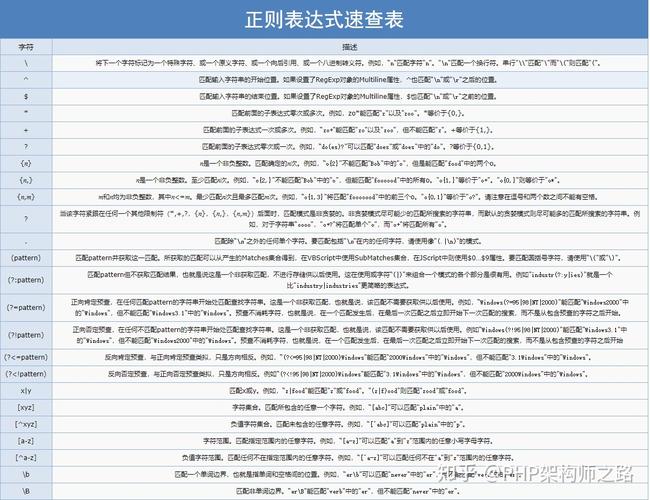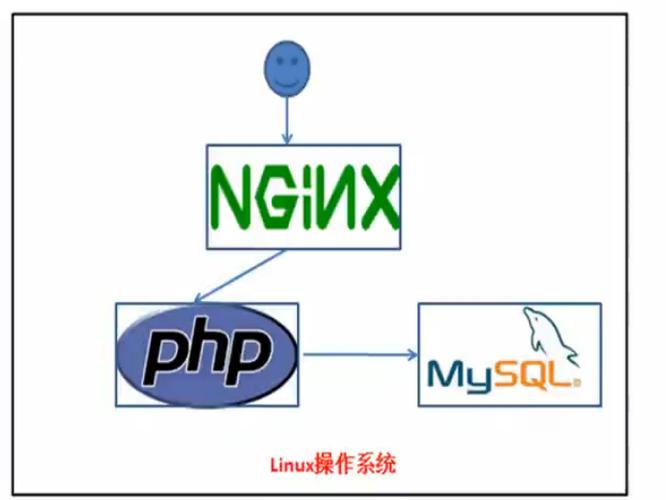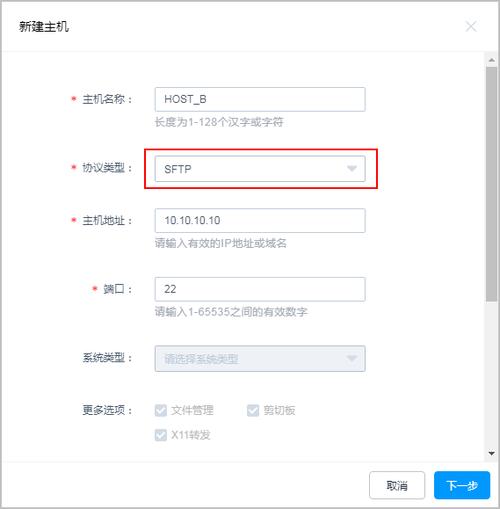### 方法一:利用 Canvas API
通过 Canvas API,可以对图像进行像素级别的操作,适宜实现马赛克效果。

```javascript

function applyMosaicWithCanvas(imgElement, tileSize) {
const canvas = document.createElement('canvas');
const ctx = canvas.getContext('2d');
const width = imgElement.width;
const height = imgElement.height;
canvas.width = width;
canvas.height = height;
// Draw the original image on the canvas
ctx.drawImage(imgElement, 0, 0, width, height);
// Loop over every tile-sized square and apply the mosaic effect
for (let y = 0; y < height; y += tileSize) {
for (let x = 0; x < width; x += tileSize) {
const imageData = ctx.getImageData(x, y, tileSize, tileSize);
const r = imageData.data[0];
const g = imageData.data[1];
const b = imageData.data[2];
// Fill the square with the average color
ctx.fillStyle = `rgb(${r},${g},${b})`;
ctx.fillRect(x, y, tileSize, tileSize);
}
}
// Replace the original image with the canvas image
imgElement.src = canvas.toDataURL();
}
// Usage: applyMosaicWithCanvas(document.getElementById('myImage'), 10);
```
逻辑阐明:
- 创建一个与图片大小相同的 Canvas。
- 绘制原始图片,然后通过 `getImageData` 获取每个 tile 的均匀颜色。
- 利用这些颜色添补每个 tile 区域,实现马赛克效果。
### 方法二:利用 CSS 的 `image-rendering: pixelated`
通过大略的 CSS 属性,可以实现基本的马赛克效果,适宜快速处理。
```html
<img id="pixelatedImage" src="example.jpg" />
<style>
#pixelatedImage {
width: 300px; / Set the display size larger than the original /
image-rendering: pixelated;
}
</style>
```
逻辑阐明:
- 通过 `image-rendering: pixelated` 属性,使得图像在放大时呈现像素化效果。
- 设置较小的原图尺寸,然后放大显示。
### 方法三:利用 SVG 滤镜
利用 SVG 滤镜也是一种实现马赛克效果的办法。
```html
<svg width="0" height="0">
<filter id="mosaic">
<feFlood x="4" y="4" height="2" width="2"/>
<feComposite width="8" height="8"/>
<feTile result="a"/>
<feComposite in="SourceGraphic" in2="a" operator="in"/>
<feMorphology operator="dilate" radius="4"/>
</filter>
</svg>
<img src="example.jpg" style="filter: url(#mosaic);" />
```
逻辑阐明:
- 定义一个 SVG 滤镜,通过一系列滤镜元素,如 `<feFlood>`, `<feComposite>`, `<feTile>`, `<feMorphology>`,实现马赛克效果。
- 将滤镜运用到图片上。
### 干系主题
1. Canvas API:
- 供应了在画布上绘图的能力,适用于繁芜图像处理。
2. CSS 属性:
- 通过大略的 CSS 属性,快速实现像素化效果,但灵巧性较低。
3. SVG 滤镜:
- 许可在 SVG 图像和 HTML 元素上运用繁芜的视觉效果。
4. 性能考虑:
- Canvas 操作较为耗费资源,须要合理利用以避免性能瓶颈。
5. 跨浏览器兼容性:
- 不同方法的浏览器支持情形不同,须要在项目中根据兼容性选择得当的方法。
通过这些方法,你可以根据详细需求来选择得当的方案来实现图片的马赛克效果。
我的文章可能还有不敷之处,如有不同见地,请留言谈论。
















